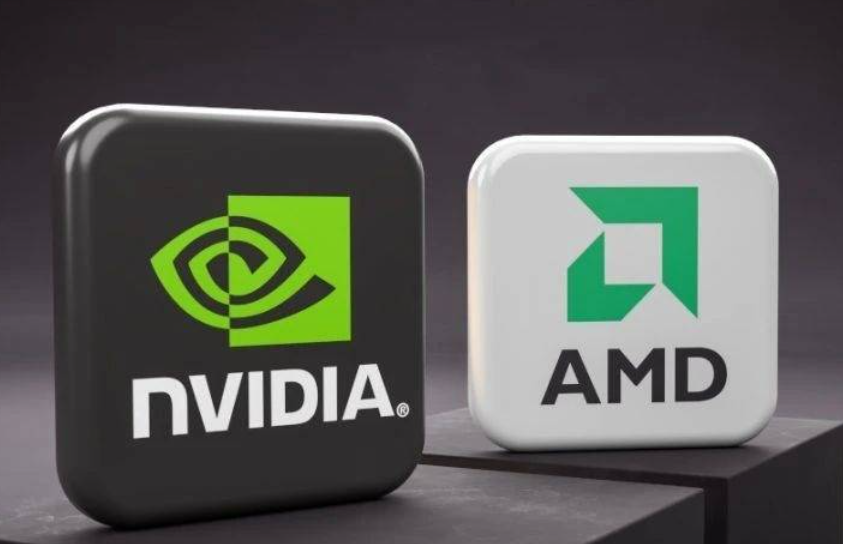Nvidia and AMD Agree: Paying 15% Revenue for Export Licenses
 On August 11, 2025, according to a report by the Financial Times, American chip manufacturers Nvidia and AMD have reached a special agreement with the Trump administration. The two companies have agreed to hand over 15% of their revenue from chips specifically sold to China to the US government in exchange for export licenses for these products. Specifically, Nvidia will pay 15% of its revenue from the sales of its H20 chips in China, and AMD has also agreed to pay the same proportion of its revenue from the MI308 chips.
On August 11, 2025, according to a report by the Financial Times, American chip manufacturers Nvidia and AMD have reached a special agreement with the Trump administration. The two companies have agreed to hand over 15% of their revenue from chips specifically sold to China to the US government in exchange for export licenses for these products. Specifically, Nvidia will pay 15% of its revenue from the sales of its H20 chips in China, and AMD has also agreed to pay the same proportion of its revenue from the MI308 chips.
At a press briefing on August 11, Trump said that he initially told Nvidia that the US would take a 20% cut if the H20 chips were approved for sale to China, but the figure was eventually negotiated down to 15%. Insiders have revealed that the Trump administration has not yet decided how to use this money. The US Department of Commerce has already begun issuing export licenses for the H20 chips last Friday, with AMD's licenses being issued simultaneously.
Controversy Surrounding the Agreement
The practice of demanding a portion of corporate revenue in exchange for export licenses is unprecedented. Export control experts have noted that while the US government has never had such an arrangement before, it fits the pattern of the Trump administration, where the president demands specific actions from companies, such as investing in the US, in exchange for tariff exemptions, thereby achieving what he claims are job opportunities and fiscal revenue for the US. However, the agreement is vulnerable to legal challenges because it could be interpreted as an "export tax," which is not permitted under the US Constitution. Moreover, many US security experts have criticized Trump for trading national security protection for revenue for the Treasury Department, with some national security officials within the Trump administration reportedly considering resigning.
Impact and Outlook
From a market perspective, the move is generally positive for Nvidia and AMD, as it ensures their access to the Chinese market once again. Ben Barringer, a global technology analyst at Quilter Cheviot, said that from an investor's standpoint, it is still a net gain, as 85% of revenue is better than zero. However, in the long run, this "pay-to-play" model for licenses could be emulated by other countries or regions, thereby increasing the operational costs and market uncertainties for companies.
The agreement reached between Nvidia and AMD and the US government is not just a business event but also a political one. It reflects the Trump administration's complex attempt to balance economic interests with national security, while also highlighting the fragility of the global tech supply chain under the influence of geopolitics. Looking ahead, whether the "pay-to-play" model will become the norm and how it will affect the global tech industry landscape are questions that warrant further attention and discussion.
Conevo IC Solutions Distributor
Conevo is a leading distributor specializing in high-quality integrated circuit (IC) chips, offering a comprehensive range of semiconductor solutions tailored for diverse applications across various industries. Here are some popular IC models:
● TLV320AIC3256IRSBR: An advanced audio codec with a wide range of features for high-quality audio processing.
● APA075-TQG144I: A versatile microcontroller with a high-density pinout, ideal for complex embedded systems.
● TCA8418RTWR: A robust GPIO expander with integrated I2C interface, perfect for expanding control capabilities in compact designs.
Website: www.conevoelec.com
Email: info@conevoelec.com








